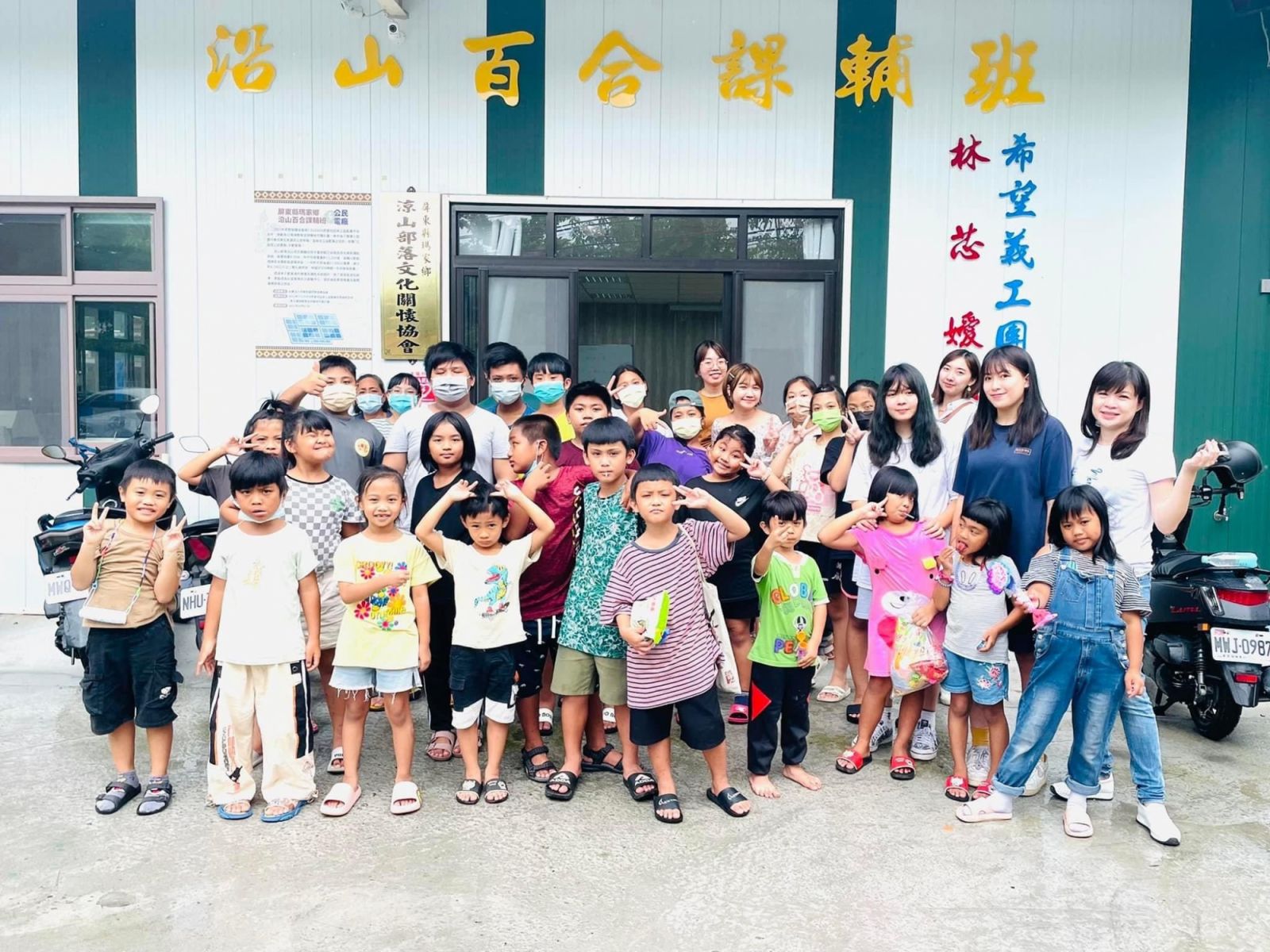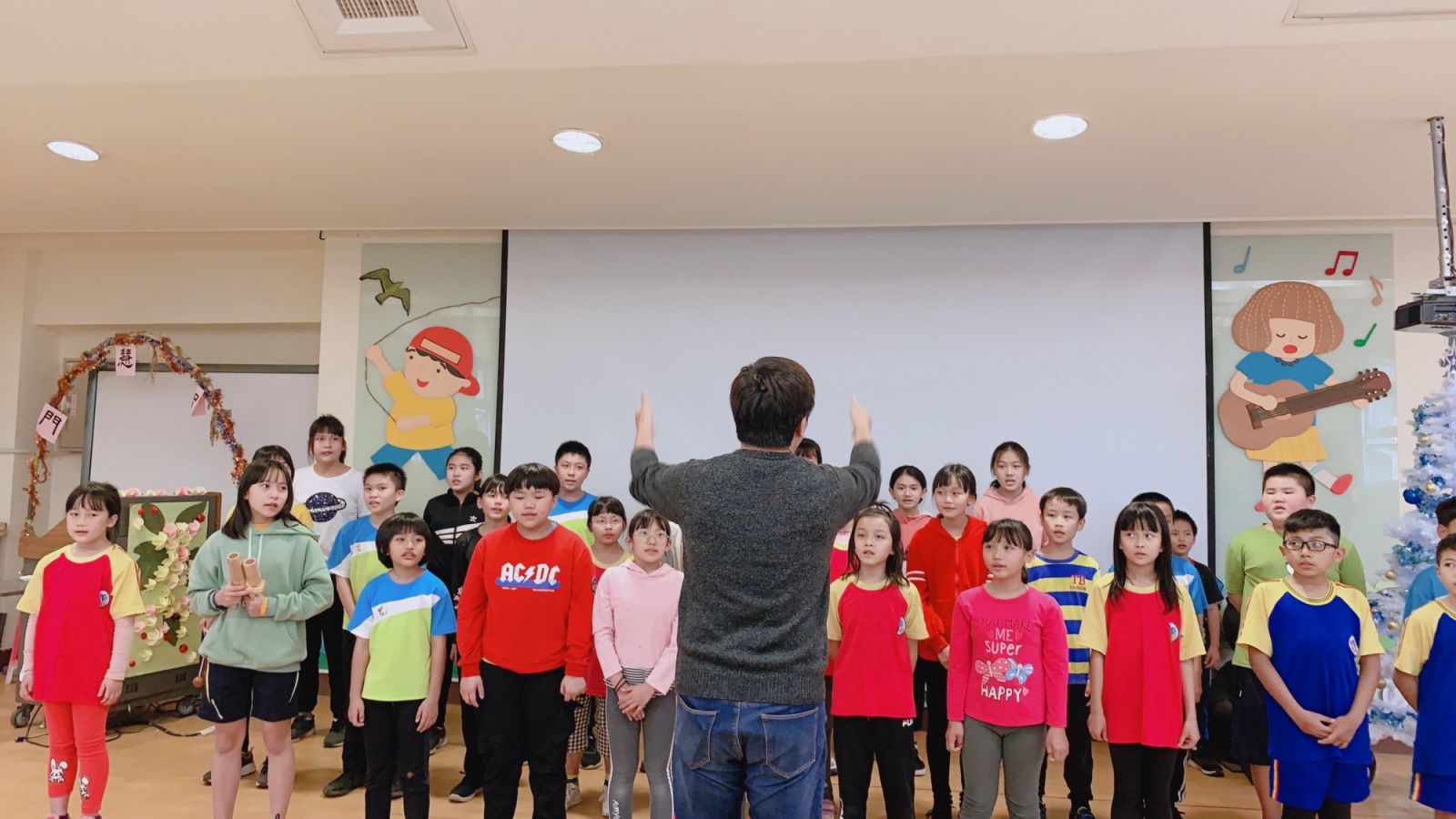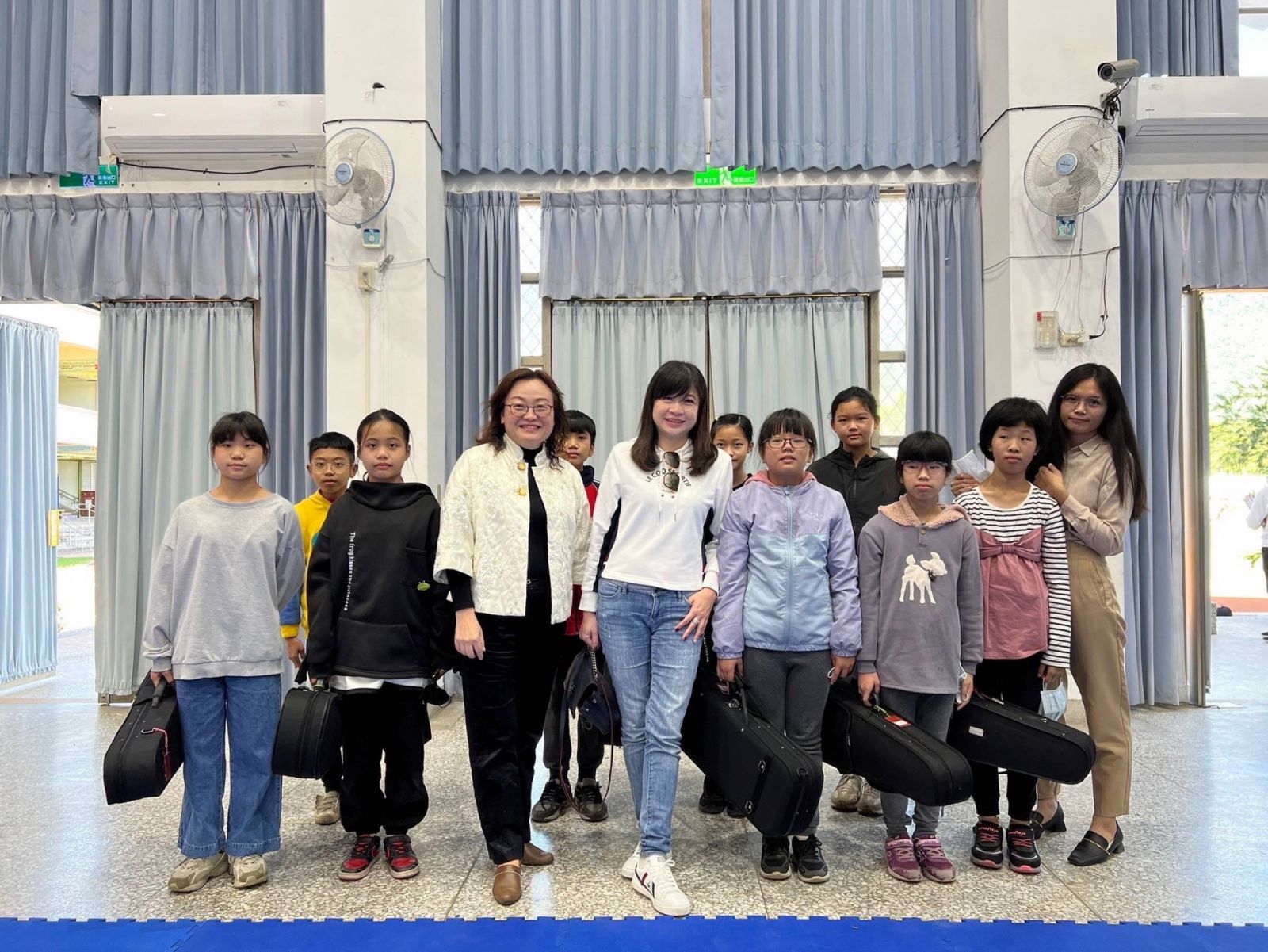Tresor Chiu discusses the potential and opportunity of more inclusive education, particularly rural education, which should not be overlooked when it comes to driving gender equality and diversity
Eliminating gender disparities in education and ensuring that underprivileged groups have access to quality education by 2030 is one of the United Nations’ (UN) “Sustainable Development Goals (SDGs), introduced in 2015.
However, despite establishing modern schools with abundant resources in urban areas in many countries, students in remote regions still confront numerous learning challenges.
Take Taiwan as an example. There are approximately 3,300 schools in Taiwan below the senior high school level, with nearly 30 percent of them—that’s around 1,100 schools—located in remote areas. These children also deserve equal educational opportunities and should be discovered by a broader audience.
My company, Pure Stone Global, which specialises in impact investing initiatives around the fields of healthcare, new energy, the arts, and education, and I have consistently focused on supporting rural education. In addition to ongoing financial contributions and equipment and material donations, I believe that regular on-site visits to understand the needs of schools and children are equally important.
Below are some examples of how simple or straightforward support can contribute to children’s educational experiences, providing them with greater opportunities and unleashing their potential.


At Bei Pu Elementary School in Taiwan’s Hualien County, the soccer team boasts a strong record of achievement and has received numerous awards. The soccer team is coed, demonstrating a manifestation of gender equality integrated in school campus culture. Merging male and female students into a single soccer team not only contributes to eliminating gender disparities but also fosters stronger teamwork. Through collaborative efforts and mutual trust, boys and girls on the field showcase their strengths, forming a more diverse and coordinated team, while girls also challenge traditional perceptions that football is male-dominated.
Support of the school’s soccer team has been important. The coach raised concerns about the team’s limited budget and their jerseys’ rapid wear and tear. The high cost of purchasing multiple sets of jerseys all at once prevented the players from having matching uniforms for both practice and games. The children expressed a strong desire for their own team uniforms. Upon learning about this need, a unique set of uniforms exclusively designed for the Bei Pu Elementary School soccer team was donated to them.




